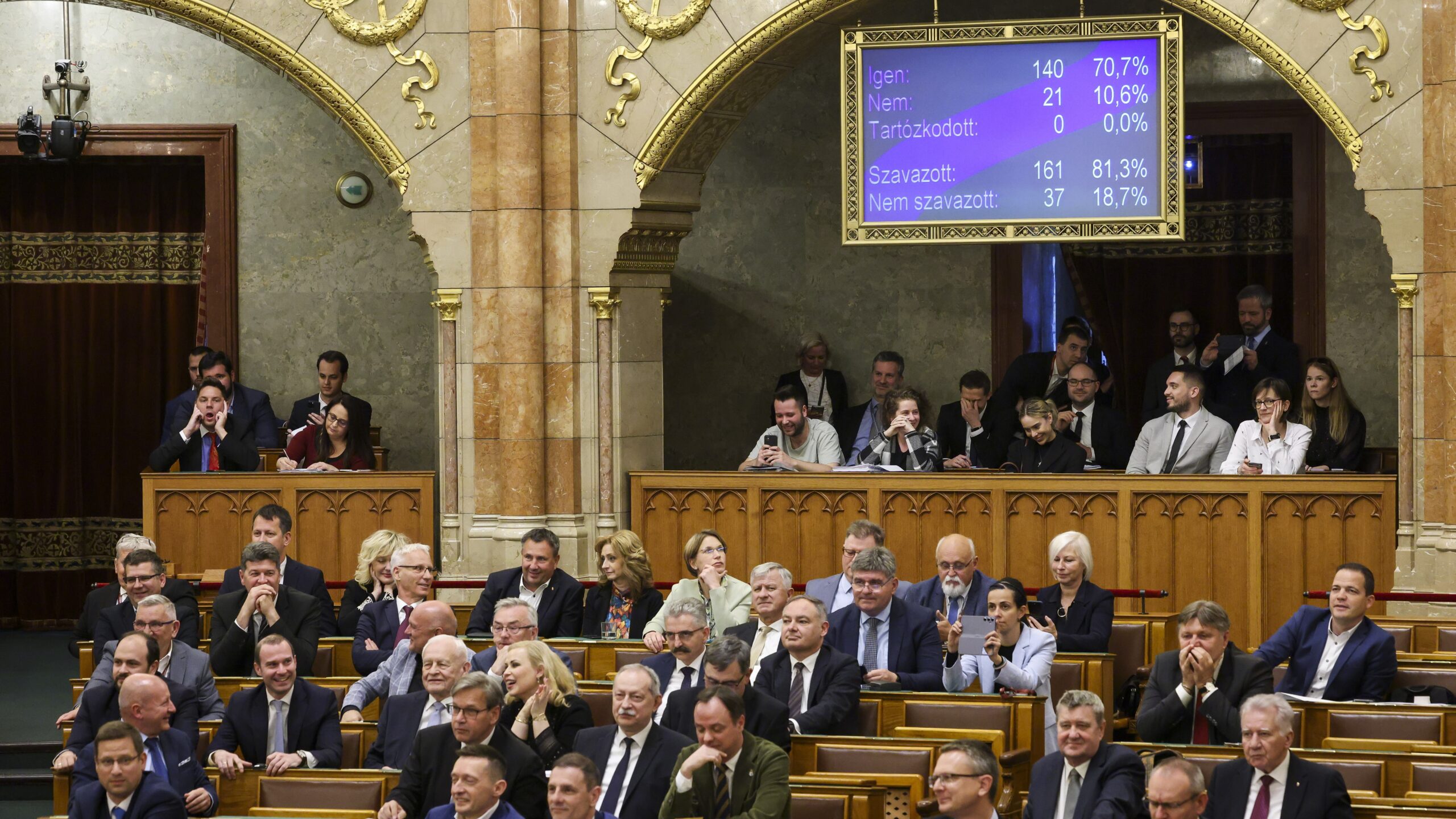Hungary’s National Assembly passed the 15th amendment to the country’s Constitution on Monday with 140 votes in favour and 21 against. Initiated by the ruling party coalition, the amendment introduces a series of legal and ideological changes aimed at reinforcing traditional values, tightening national security, and ensuring the resilience of public institutions.
One of the amendment’s most debated sections affirms that a person’s biological sex is determined at birth as either male or female. It states that it is the state’s duty to legally protect this ‘natural order’ and to counter efforts that suggest the possibility of changing one’s gender. According to the preamble, anchoring biological sex supports the healthy development of society and upholds fundamental communal norms. The revised Constitution now explicitly states that the Hungarian legal system does not recognize gender reassignment, citing the preservation of family structures and social order.
The amendment also emphasizes the rights of children, specifying that all rights—except for the right to life—are secondary to a child’s entitlement to the conditions necessary for physical, intellectual, and moral development.
‘One of the amendment’s most debated sections affirms that a person’s biological sex is determined at birth as either male or female’
In terms of citizenship, the new rules allow for the suspension of Hungarian citizenship for individuals who hold another nationality (except those from countries that provide free movement and residence within the EU) under conditions defined by cardinal law. Such suspension would result in the temporary loss of Hungarian citizenship, though group-based suspension remains prohibited.
Another key addition is the constitutional guarantee of the right to pay with cash. The text argues that maintaining cash usage is essential to prevent total reliance on potentially vulnerable digital payment systems, thereby avoiding financial exclusion.
In line with public health and safety measures, the amended Constitution also declares that the production, use, distribution, and promotion of drugs are all prohibited—a provision intended to reinforce state commitment to public safety and a healthy lifestyle.
Changes were also made to the rules regarding the public prosecutor’s tenure. Except for the Chief Prosecutor, all prosecutors’ service now ends at the age of 70.
Regarding emergency governance, the amendment narrows the government’s power to suspend laws without parliamentary approval. In wartime or states of emergency, the government may still act unilaterally. However, in other crisis situations (referred to as ‘states of danger’), it will require a two-thirds parliamentary mandate for a fixed period.
Another newly added provision affects internal migration. The amendment declares that the right to freely choose one’s place of residence must not infringe on the fundamental right of local communities to maintain their identity. This clause is intended to protect towns and villages that wish to preserve their traditions, way of life, and demographic composition.
The changes concerning emergency governance and prosecution come into force on 1 January 2026, while all other provisions take effect the day after the amendment is officially published.
Related articles:








